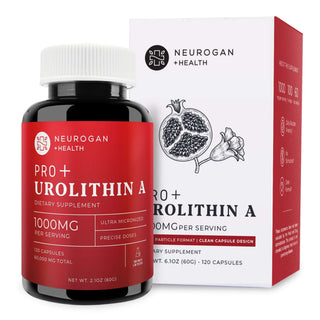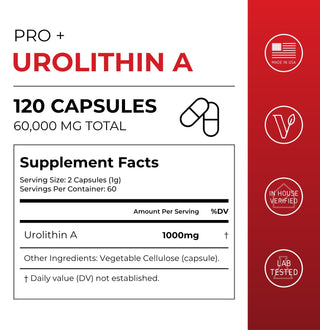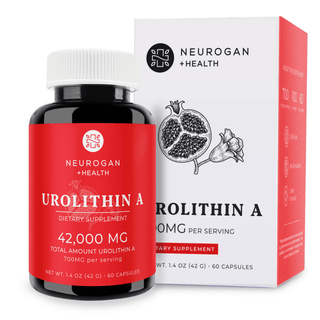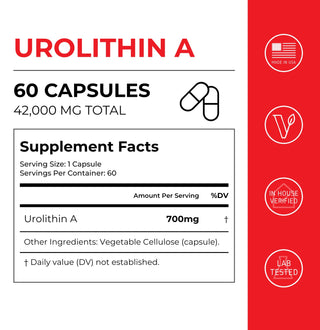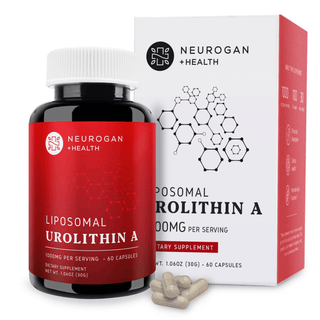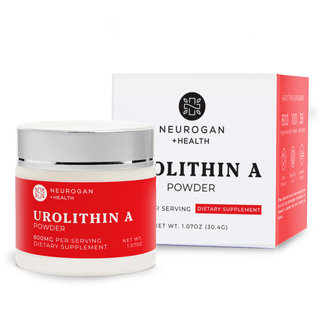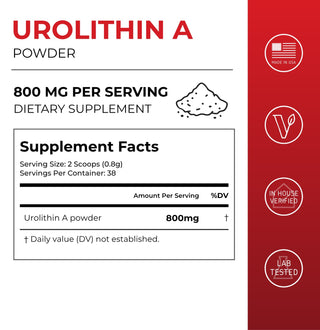Free U.S. Shipping ($70+)
100% Quality Assurance
We prioritize purity and potency in every product. Our formulas are crafted with the highest quality ingredients and tested for consistency and effectiveness.
100% Transparency
We believe in full ingredient transparency. Every batch is third-party tested, and our lab reports are available to ensure you know exactly what you’re getting.
100% Science-Backed Formulas
Our products are developed with research-backed ingredients designed to support your wellness journey with proven benefits.



